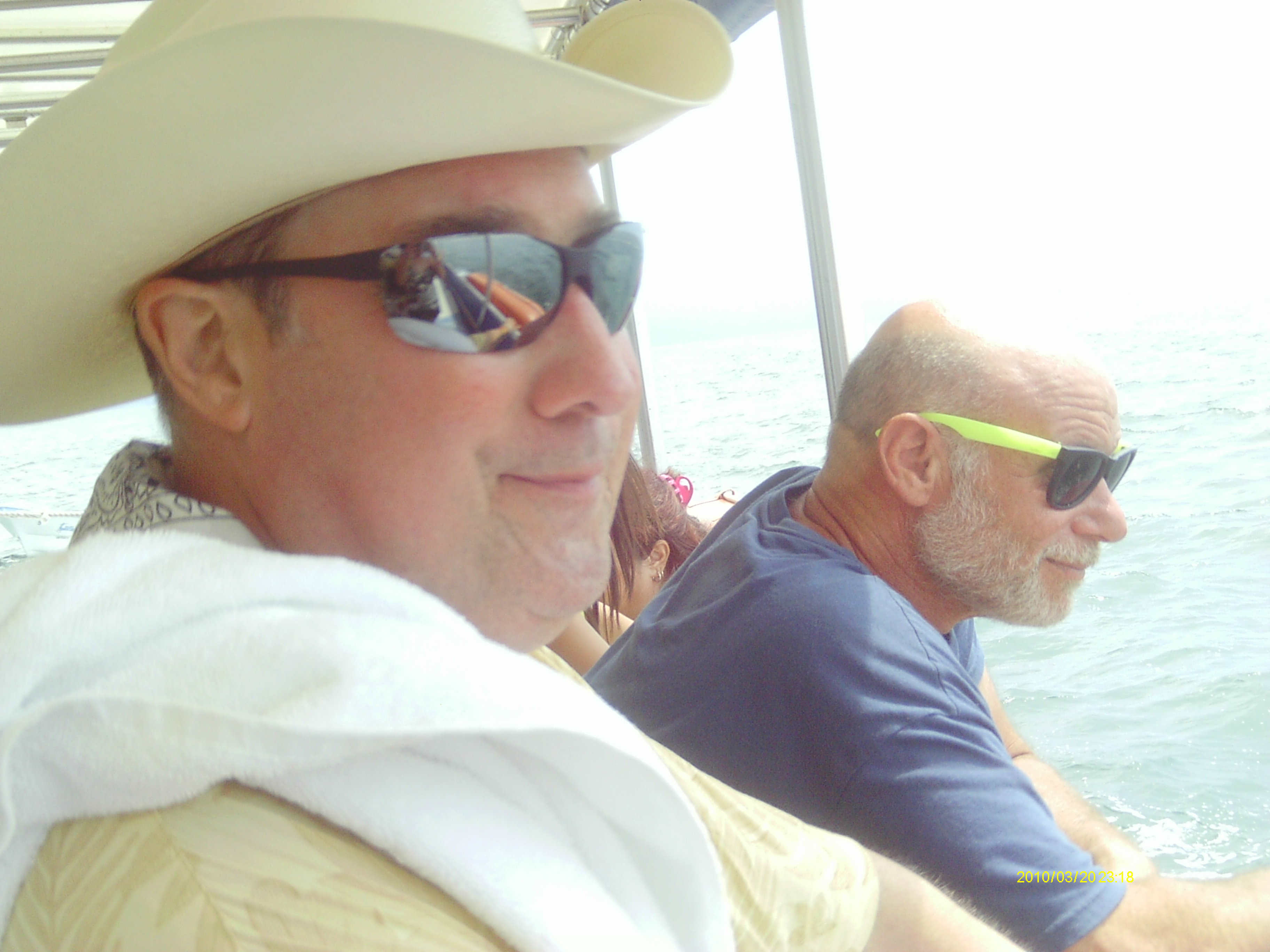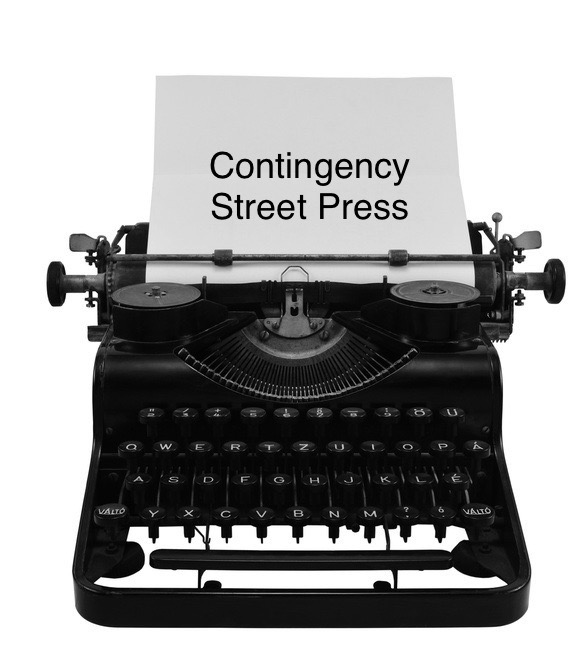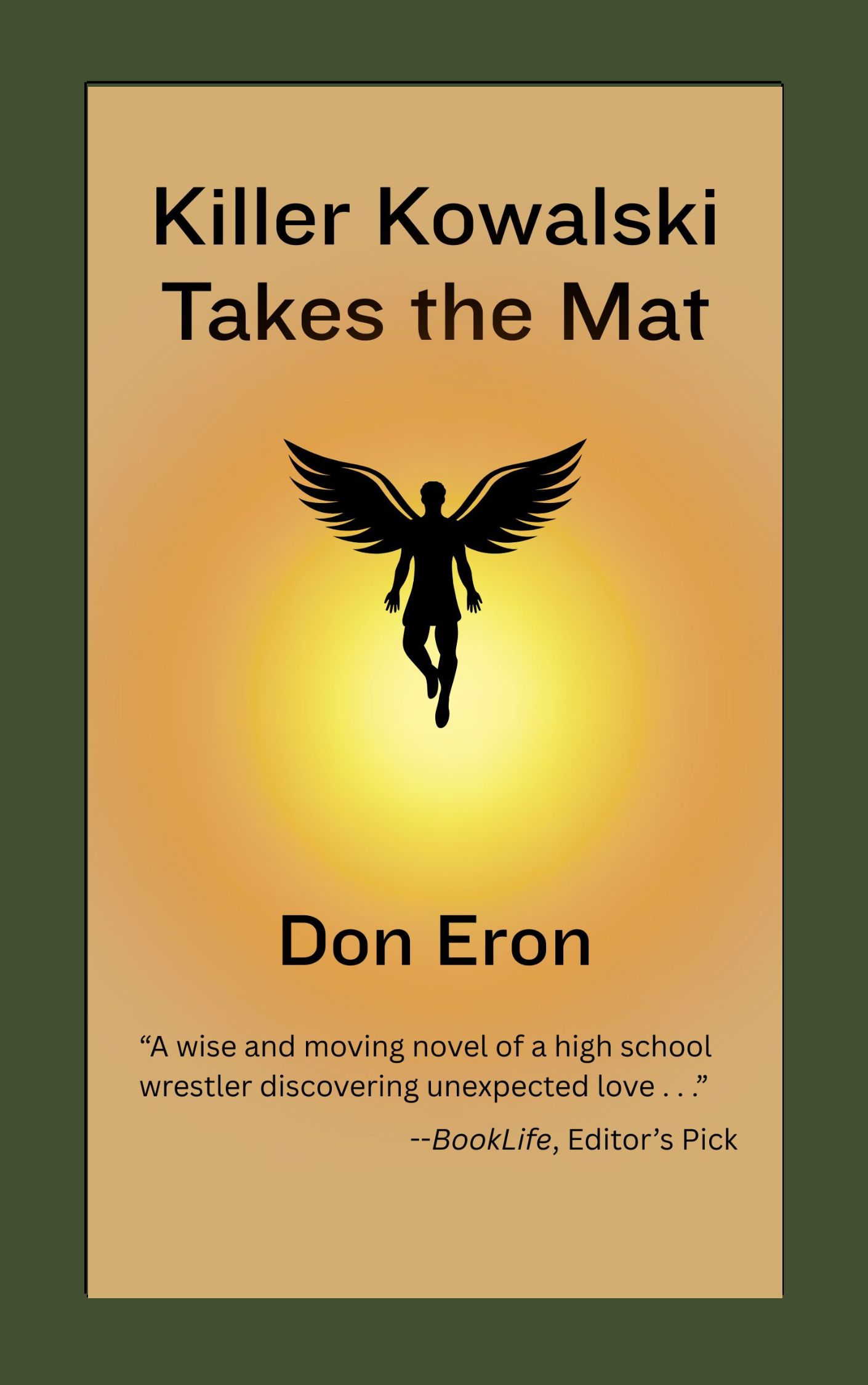Interview With Don Eron, Author of Killer Kowalski Takes the Mat
NewInBooks, November 7, 2025
What’s the story behind the story? What inspired you to write Killer Kowalski Takes the Mat?
I knew I was going to write this novel from the time that some of the events occurred. I had been a voracious reader since turning nine, always wanted to be a writer, and thought it would make a moving story–and one that hadn’t been told very often. Still, it took several decades and about eight other novels before I got to it. In my defense, one of the novels—which, in one version, was longer than a thousand pages—I consider to be an ancestor of Killer Kowalski.
If you had to pick theme songs for the main characters of Killer Kowalski Takes the Mat, what would they be?
Biggie can sing “Where Do the Children Play?” and sound almost like Cat Stevens, as long as he sings along with the record. Had it existed at the time, I think he’d like “Superman’s Song,” by Crash Test Dummies. I’m pretty sure Gloria Serpentino would love “Pink Pony Club.”
What’s your favorite genre to read? Is it the same as your favorite genre to write?
I write (and read) character-driven literary fiction. I’d also read anything by Michael Connelly and was once addicted to Raymond Chandler and his better descendants. A reviewer once compared me (sort of) to Bellow and Roth. I’m not sure if it was intended as praise, but I took it that way.
What books are on your TBR pile right now?
My perennials are All the King’s Men and Endless Love, to my mind two of the great novels of the 20th century, both of which I read about ten times when I was in my twenties, and would read aloud from to warm up before writing. I’m curious if I’d have the patience to read them now.
What scene in your book was your favorite to write?
No tears in the writer, no tears in the reader, Robert Frost famously said. But aside from the emotional scenes, I really enjoyed writing the early scenes where Biggie and Gloria were feeling each other out over the phone, Biggie often misunderstanding (amusingly, I hope), but obviously enthralled.
Do you have any quirky writing habits? (lucky mugs, cats on laps, etc.)
I used to read out loud before I’d write, from books I wish I’d written, imagining I was before a large, adoring audience. I thought that helped sharpen my ear quite a bit.
Do you have a motto, quote, or philosophy you live by?
Apropos of a coming-of-age novel, I’ve always been taken by something Iris Gaines says in Bernard Malamud’s first novel, The Natural: “I believe we have two lives, Roy, the life we learn with, and the life we live after that.”
If you could choose one thing for readers to remember after reading your book, what would it be?
Sometimes the people who will matter most to you are the people you’d least expect. Also, trying is better than not trying. Also, at the risk of sounding even more hackneyed and clichéd, it really is the journey that counts. And doing the right thing is its own reward. Finally, wrestling is a singularly demanding sport that deserves to be much more popular.
An Origin Story, Twelve Years Late
Don Eron
It might be an exaggeration to say that Contingency Street Press owes its existence to Steve Moncada Street, but not much of one.
Steve was much better known than I was in the contingent academic labor movement. We became good friends in the way that professional colleagues from different parts of the country become good friends. At first, we connected over the Coalition of Contingent Academic Labor listserv, where Steve was an eloquent, persistent advocate for proposals I advanced along with my partner-in-crime at the time, Suzanne Hudson. As a frequent contributor to the Chronicle of Higher Education, Inside Higher Ed, and numerous other periodicals, Steve probably had a larger platform than any other activist, and he was quick to credit Suzanne and me when he could. Eventually we met him in person at a COCAL conference in San Diego (2008), where he was the person we most wanted to meet, then in 2010 in Quebec City. Steve and I discovered we had a lot in common—we were roughly the same age, both the sons of professors, both had literary ambitions, MFAs and a common frame of literary reference, and we had similar takes on just about everything, particularly about academic labor issues. We also found each other extremely amusing! In fact, I’m pretty sure Steve would laugh if he read this. He’d get it!
Although I considered Steve to be one of my best friends, I only saw him five times. At the COCAL conference in Quebec City, Suzanne told Steve "We feel like we've known you for a long time," and invited him to visit us in Boulder. The next summer he visited twice, coming and going from a "bicycle classic" in Vail, and I remember he was surprised that he’d had trouble tackling the hills. Shortly after he drove back to Buffalo, Steve began experiencing an acute shortage of breath, and found out that his melanoma from a dozen years before had reappeared in his lungs. We began emailing even more frequently, and Suzanne and I took to calling Steve regularly for updates and to check in. Odd as this feels to write, I think Steve really enjoyed our friendship over the last year of his life, in part, maybe, because Suzanne had breast cancer several years before and I’d lost a sister to cancer —we were comfortable, in other words, talking about the disease—and in part because I direly needed his help with my quixotic attempt to turn the academic labor movement on its head by running for 2nd Vice President of the AAUP, the 100-year-old organization that defines the standards for the academic profession. In most of my emails I asked Steve, or thanked him, for favors. ("I don't like asking people for favors," I wrote to him in one email. "I don't seem to mind asking you, obviously, but other people.") I still regret that Steve spent so much energy in the last year of his life advocating for my professional ambitions.
Suzanne inherited a timeshare. In the summer of 2012, she traded up and got a place in Puerto Vallarta with an extra bedroom. We invited Steve for a week in Mexico. It was uncertain if he’d be able to make it—side effects from his latest treatment. But he showed up, and I thought he was in fine shape—physically changed from the treatments (he no longer resembled the renegade biker he could have passed as four years before), but interacting with plenty of verve and energy. He arose early every morning for long walks along the ocean. He was far more present than I was, working on his Spanish, taking notes about the local culture, treating everybody he encountered with consideration and patience (with the possible exception of the guy at the timeshare presentation), sea kayaking, reading Richard Yates and Carlos Fuentes, discussing contingent projects. Discussing literary ambitions. One evening I asked him what I'd meant to ask since before we'd planned the trip. "If things go south, would you like me to publish some of your manuscripts? As ebooks?"
I'm not sure why I said "ebooks." I'd never read an ebook. I assume I thought digital publication would be cheaper and easier than print.
He didn't answer immediately. "Can I think about it?"
The next day Steve told me he'd appreciate it if I would publish those manuscripts, should it be necessary.
"Send me the pdfs when you can," I said. I'm not sure why I specified "pdfs." They wouldn't have been very useful, if he'd ever sent them.
The next week, back in Buffalo, Steve had a scan that revealed the malignant cells had entered his brain. He underwent two weeks of radiation therapy (while teaching an intensive summer session) and had his eye on a new Phase One trial. When I last talked to Steve, nine days before his death, he was lucid and had his sense of humor, though he complained of failing vision, and, worst insult of all to a writer, he had trouble coming up with words.
I'm not a complete moron. After almost 40 years of writing novels, it didn't escape my attention that I'd never landed an agent (other than an artist girlfriend who was generous enough to give it a whirl) or publisher. As somebody who considered himself to be really, really good—as I'm sure Steve thought he was really, really good—I didn't want my best work to achieve life only as files in my computer, or as manuscripts stored in my basement. Since early middle age I’d resolved that if I didn't make it by 60, I'd self-publish. When I reached 60, I revised that to 70. When I hit my mid-sixties, I knew that I'd better start now. I'd call it Contingency Street Press (a name that didn't pass muster with most people I test-sampled it with). The "contingency" would be for its existential implications, as well as a recognition of my years as an activist. The "street" would be because I liked how it sounded, but also because I'd had a friend named Steve Street, who was far more generous to me than I ever was to him. A decade before I'd promised him, in his last days, that I would publish some of his manuscripts, and I hadn't lifted a finger since to make that happen.
I'd consoled myself that we'd just run out of time—he'd never sent the pdfs!—but knew that was a canard. After Steve died I’d corresponded with his brother, Mark, and knew Mark would do anything to facilitate his brilliant, tireless, self-deprecating brother's legacy, including scouring Steve's computer and emailing some files.
Mark's a documentary filmmaker, as is his wife, Lynne Sachs. In 2022, Lynne headlined a documentary film festival at the University of Colorado, Boulder. At the reception before her presentation, I introduced myself. I'd met her before, not long after Steve's death. She acted like she remembered, though she's gracious enough I'm sure she'd act that way even if she didn't. I told her I was starting a literary micro press, that I wanted to publish a book of Steve's. Lynne burst into tears.
It may not say much for me or my accomplishments, but the validation I felt in that moment redeemed a lot of my regrets.
There were surprising moments ahead. I'd read Steve's academic labor articles. He was the best there was at the genre (that's why he was so prominent). He'd also directed me toward some book reviews he'd published in Rain Taxi. We'd never really exchanged manuscripts, but I'd seen a couple of his published stories and I'm sure I said nice things about them. Obviously, I knew he'd be good, but I wasn't expecting this. Steve Moncada Street's abilities as a fiction writer are astonishing, as the reviews and blurbs for Balloon Theater that you can find elsewhere on this site, or a casual perusal of any single random page (as if reading just a single page of Balloon Theater is possible), will attest. A wondrous thing about literature: it's always present tense.
Here's a picture of Steve and me that Suzanne took in Puerto Vallarta in 2012, looking out on the Sea of Cortez, contemplating contingency . . .



